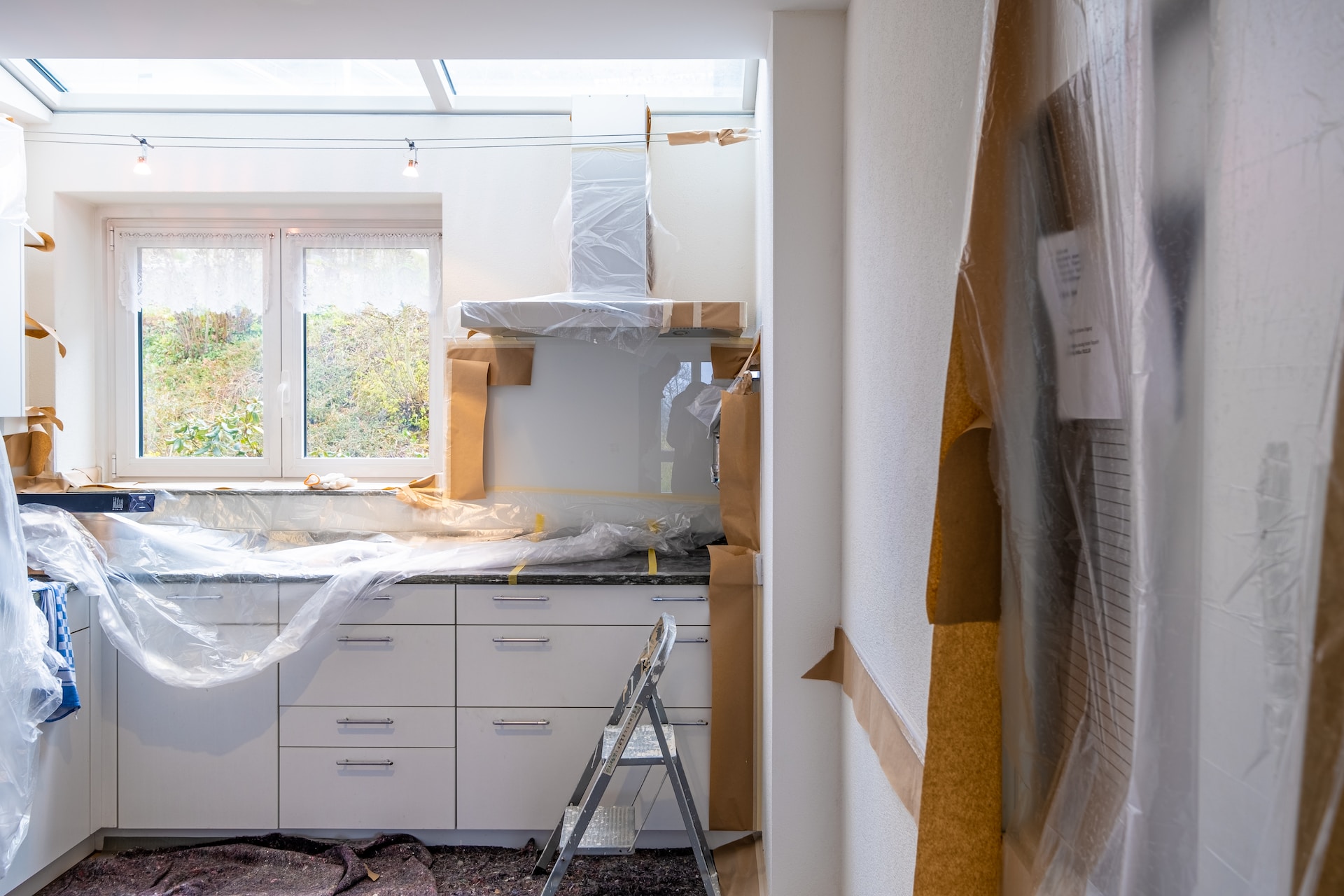The Ultimate Guide to Successfully Flipping Houses
House flipping has gained immense popularity in recent years as a lucrative real estate investment strategy. Flipping a house involves purchasing a property, renovating it, and then reselling it quickly for a profit. While it may seem like a straightforward process, successful house flipping requires careful planning, market knowledge, and a solid execution strategy. In this article, we will provide you with a comprehensive guide on how to flip houses effectively.
1. Research and Market Analysis
Before diving into the world of house flipping, it's crucial to conduct thorough research and market analysis. Identify target neighborhoods and areas where there is a demand for renovated properties. Look for factors such as proximity to amenities, good school districts, and potential for property value appreciation. Understanding the local real estate market trends will enable you to make informed decisions and maximize your profit potential.

2. Set a Realistic Budget
Once you've identified a potential property to flip, setting a realistic budget is essential. Calculate all costs involved, including the purchase price, renovation expenses, carrying costs (such as property taxes, insurance, and utilities), and selling expenses (commissions, closing costs, etc.). Create a detailed budget and allow for unexpected expenses to ensure you have a cushion. It's crucial to be disciplined and avoid over-improving the property beyond what the market demands to protect your profitability.
3. Financing Options
Consider your financing options for purchasing the property and funding the renovation. Traditional bank loans, private lenders, hard money loans, or even utilizing your savings are some common avenues for financing a house flip. Explore the pros and cons of each option, including interest rates, repayment terms, and associated fees. It's important to have a clear understanding of your financial capabilities and to choose the financing method that best suits your needs.
4. Assemble a Reliable Team
House flipping is a team effort, so it's crucial to assemble a reliable team of professionals to support your project. This may include a real estate agent, contractor, architect, and various tradespeople (electricians, plumbers, carpenters, etc.). Look for experienced professionals with a track record of successfully flipping houses. Building strong relationships with your team members will streamline the renovation process and ensure timely completion.
5. Renovation and Design
Create a detailed renovation plan, focusing on repairs and improvements that will maximize the property's value. Make sure to strike a balance between cost and quality to maintain a healthy profit margin. Obtain the necessary permits and inspections to comply with local regulations. If you're not experienced in design, consider consulting with a professional to help create a cohesive and appealing aesthetic that will attract potential buyers.
6. Time Management
Efficient time management is crucial when flipping houses. Develop a realistic timeline for the project and set milestones for each phase of the renovation. Delays can eat into your profits, so establish clear communication channels with your team and ensure regular progress updates. Stay proactive and address any issues or challenges promptly to keep the project on track.
7. Marketing and Selling
Once the renovation is complete, it's time to market and sell the property. Utilize professional photography, virtual tours, and staging to showcase the property's best features. Collaborate with your real estate agent to determine the optimal listing price based on market comparables and your desired profit margin. Implement effective marketing strategies, both online and offline, to attract potential buyers. Respond promptly to inquiries and schedule showings to create a sense of urgency and generate offers.
Summary
Flipping houses can be a rewarding and profitable venture if approached with careful planning and execution. By conducting thorough research, setting a realistic budget, assembling a reliable team, and managing your time effectively, you can increase your chances of success. Remember, house flipping involves risks, so it's important to carefully weigh the risks and rewards before embarking on a house flipping project. By following the steps outlined in this guide and staying informed about the local real estate market, you can increase your chances of a successful flip.
Remember, house flipping requires dedication, hard work, and attention to detail. It's crucial to have a solid plan in place, assemble a reliable team, and make informed decisions throughout the process. With the right approach, house flipping can be a profitable venture that allows you to showcase your creativity and entrepreneurial spirit.
As you begin your journey into the world of house flipping, keep in mind that each project is unique, and experience will be your best teacher. Learn from your successes and failures, adapt to market trends, and continuously educate yourself about the real estate industry. With determination and a strategic approach, you can turn houses into profitable investments through successful flips.
Homes for rent: Homes for rent in Massachusetts
Homes for sale: Homes for sale in Massachusetts

Related Articles:
• What to Consider Before You Sell a Property
• What to Consider Before You Buy a Property